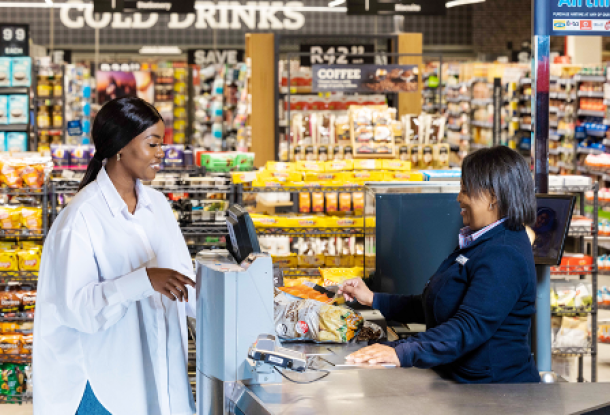Why the supermarket of the future won’t come to South Africa
In 2016, Amazon unveiled the “future of shopping” with its Go store. The store does not require shoppers to go through a checkout point – you walk in, pick what you want from the shelves, and walk out.
Everything is tracked by computer vision, sensor fusion, and deep learning, and customers are automatically billed via their Amazon account.
The first store was launched in Seattle, USA, and offered ready-made meals and grocery items.
“We created the world’s most advanced shopping technology so you never have to wait in line. No lines, no checkout,” said Amazon.
In late 2018, Amazon has expanded its Go stores to other areas in the USA and they are now being called the “inevitable evolution of supermarket retail”.
Engadget stated that Amazon Go is “a natural extension of existing retail trends”, and added that Amazon plans to open 3,000 Go stores by 2021.
Not in South Africa
While shoppers used to visit a butcher for meat and then travel to a hardware store for tools, today’s customer can buy these items from a single outlet like Makro – or visit a shopping mall where different types of shops are grouped together.
This was a natural progression which made it easier to shop. The argument for cashierless stores is the same, since walking in, taking what you want, and walking out makes the life of the shopper easier.
In South Africa, however, it is unlikely that this technology will roll out to retail chains such as Pick n Pay or Checkers in the foreseeable future.
The reason for this is that the initial job losses that would be suffered by cashiers and store staff would not be tolerated by workers’ unions.
This was proven in 2016, when Pick n Pay trialed a self-service checkout at a store in Cape Town.
The system was set to be tested for six months, and the company would see how it benefited consumers before taking the next step.
Cosatu was quick to pressure the company into not expanding the self-service trial, however, as the union stated at the time that it would lead to job losses.
Fast forward to 2018, and Pick n Pay told MyBroadband there have been no developments to the system, with no plans to take it forward either.
Cosatu told MyBroadband it is still “bitterly opposed” to the self-service checkout system, as it will decimate much needed jobs in the country.
“Our unemployment statistics are shocking and we are not going to allow the reckless introduction of mechanisation and automation,” said Cosatu.
It stated that it will fight the introduction of these systems in South Africa, and it is opposed to “technological ‘solutions’ that are imposed with no regard for local economies and cultures”.
With workers’ unions wielding the power to strike and protest, and local companies known for backing down against unions on a regular basis, it is unlikely that Amazon’s “future of shopping” will land in South Africa any time soon.
News Category
- International retailers
- On the move
- Awards and achievements
- Legislation
- Wine and liquor
- Africa
- Going green
- Supplier news
- Research tools
- Retailer trading results
- Supply chain
- Innovation and technology
- Economic factors
- Crime and security
- Store Openings
- Marketing and Promotions
- Social Responsibility
- Brand Press Office
Related Articles
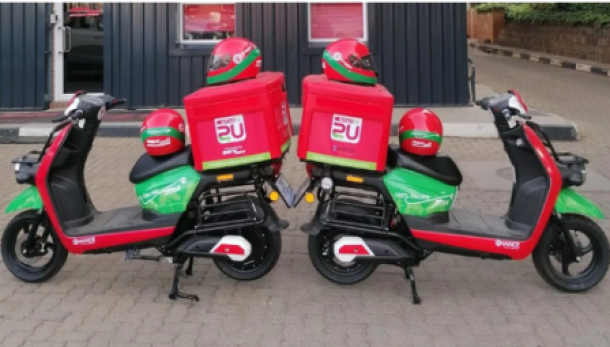
Two local businesses see a gap as food and groc...
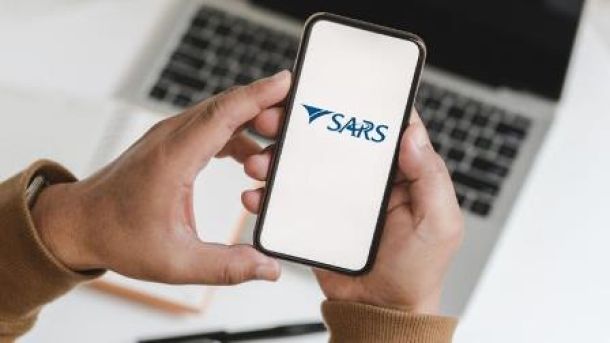
SARS launches WhatsApp channel to help check ta...
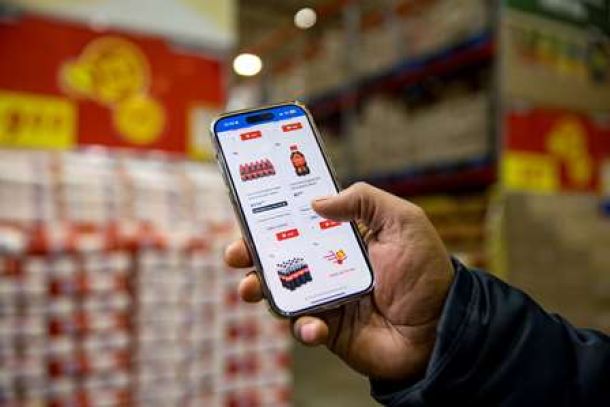
Shoprite launches online shopping and bulk deli...
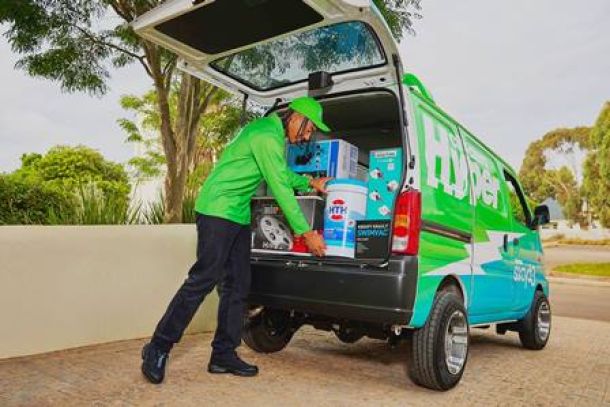
Sixty60 promises lightning-fast delivery of 10 ...
